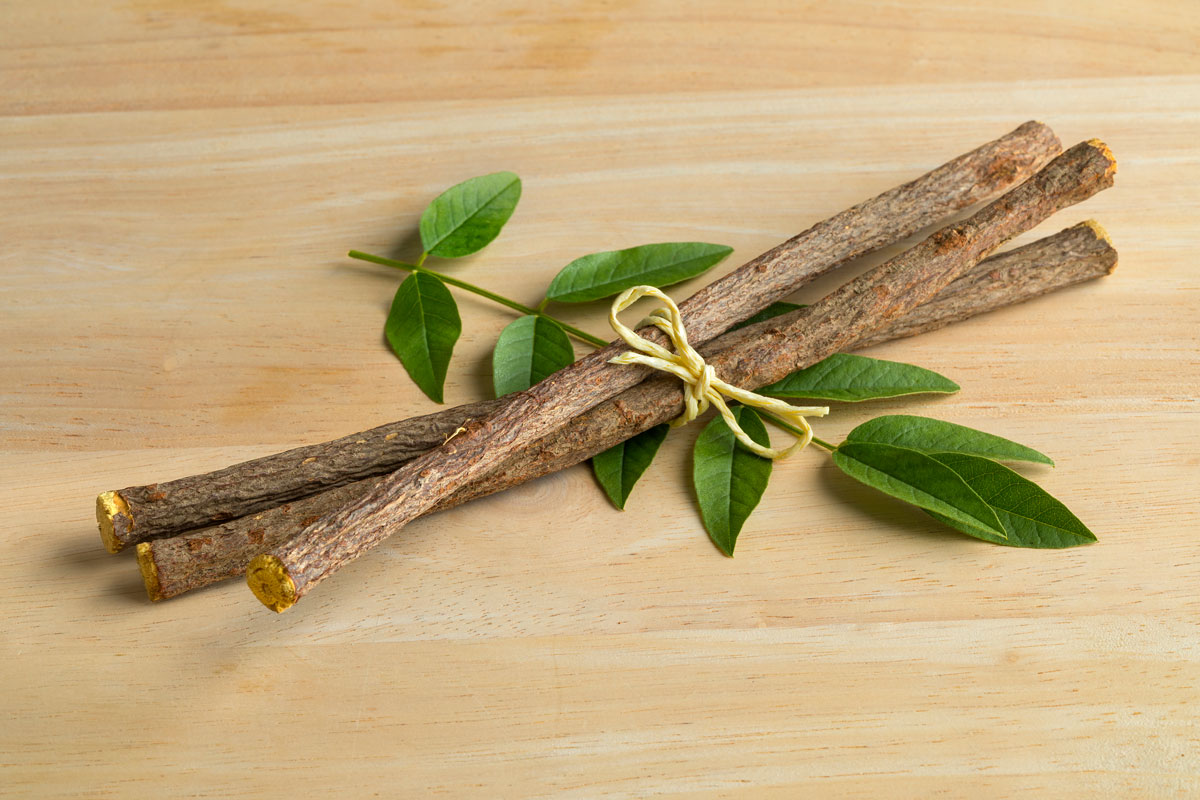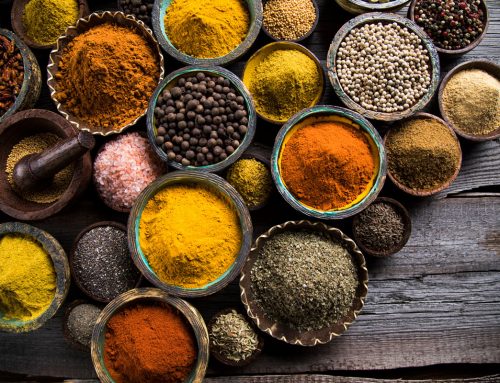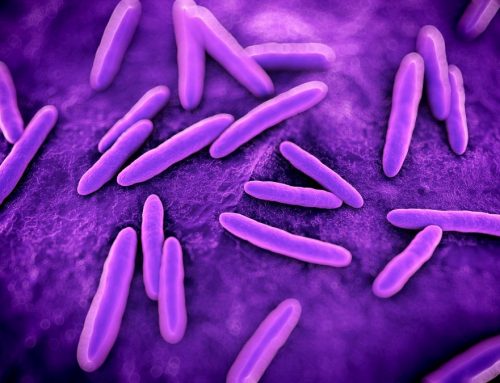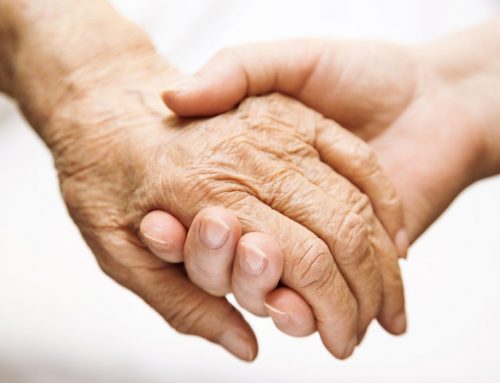The History of Ashwagandha
Withania Somnifera, Ashwagandha’s scientific name, is both beautiful and powerful. Also commonly known as Indian Winter Cherry and Indian Ginseng, Ashwagandha has been used as a rejuvenating herb in Ayurveda, a traditional system of medicine in practice in India for over 6000 years, as well as in the Middle East and some areas of North Africa, to which the small yellow-flower bearing shrub is native. It is known as a powerful tonifying and strengthening botanical for the body – a ‘Rasayana‘ in Ayurvedic medicine. Rasayana remedies are considered vitalizers; those that promote a ‘youthful state of physical and mental health, and expand happiness‘. Ashwagandha is indeed considered the most powerful of the Rasayana remedies.
Ashwagandha was first described in sacred Ayurvedic texts. Its name in Sanskrit translate to “the smell of a horse” for the scent of its root; ‘Ashwa‘ for horse and ‘ghanda‘ for smell. Its consumption was also thought to support ‘virility like a horse’, giving reference to its use as a reproductive tonic and strengthening agent.
Traditional Uses
Traditional use of Ashwagandha has included as a tonic, aphrodisiac, narcotic, diuretic, astringent, thermogenic and stimulant. Ashwagandha continues to be recognized today as ‘The King of Ayurvedic Herbs’ for its broad therapeutic range and as one of the most powerful in Ayurvedic medicine. It is often used in Ayurveda for the emaciation of children (given with milk), weakness associated with older age, insomnia, and conditions of the ‘vata dosha‘ – anxiety, nervousness, poor appetite and digestion, to name a few.
It is also commonly prescribed in Ayurvedic medicine as a nervine, a medicine that acts therapeutically on the nerves in the body. Frequently found as a common ingredient of Ayurvedic tonics, Ashwagandha helps to prevent disease, and support immunity and longevity.
Modern Day Uses
Today, Ashwagandha continues to be widely revered among Naturopathic Doctors, herbal and holistic practitioners. It is most often used as an adaptogen, a botanical that helps the body combat or resist physical, chemical or biological stress and as a nervine tonic. Ashwagandha is often compared to Eleutherococcus senticosus (Siberian Ginseng) and Panax quinquefolius (Panax Ginseng) for its adaptogenic characteristics. Hence, its common name – ‘Indian Ginseng’. Adaptogenic herbs have been used in both Ayurvedic and Chinese healing traditions for centuries.
One of its adaptogenic effects is seen in Ashwagandha’s ability to reduce cortisol levels in the body. Cortisol is known as our stress hormone – the adrenal glands release it in response to stress. Scientific studies have shown that supplementation with Ashwagandha has the ability to significantly reduce cortisol levels in the blood, as well as reduce anxiety and improve sleep parameters in people suffering from insomnia.
Research has also highlighted the clinical effect Ashwagandha has on sexual function in both women and men, and its subsequent role in improving stress-related infertility through improved sperm count, motility and raising testosterone levels. This traditional remedy has also been in the scientific research for its role in tumour inhibition and its anti-angiogenic properties in Alzheimer’s disease, via its withanolide triterpenoid content; one of the identified powerful medicinal components of this phenomenal herb. Research is also investigating Ashwagandha’s ability to improve thyroid function by improving thyroid hormone production.
A Full Spectrum Ashwagandha
A potent full-spectrum root extract of Ashwagandha known as KSM-66, has been extensively studied with impressive clinical findings that support its efficacious use to reduce stress, anxiety, cortisol levels and stress-related food cravings. Ashwagandha KSM-66 has also been shown to enhance memory and cognitive function, promote endurance, strength, muscle size and recovery rate, and enhance sexual performance health in men and women.
Ashwagandha is an ancient traditional botanical that has long been a staple in medicinal tool kits for thousands of years. Today, it continues to impress through clinical scientific research and has undoubtedly earned its place as an invaluable botanical in the modern medicine bag.
References
- Chandrasekhar K, Kapoor J, Anishetty S. A prospective, randomized double-blind, placebo-controlled study of safety and efficacy of a high-concentration full-spectrum extract of ashwagandha root in reducing stress and anxiety in adults. Indian J Psychol Med. 2012;34(3):255‐262. doi:10.4103/0253-7176.106022
- Changhadi Govardhan Sharma, author. Ashwagandharishta – Rastantra Sar Evam Sidhyaprayog Sangrah – Krishna-Gopal Ayurveda Bhawan (Dharmarth Trust) Nagpur: 1938. pp. 743–744.
- Charak Samhita 6000BC, author. Charaka translation into English: Translator: Shree Gulabkunverba Ayurvedic Society. Jamnagar, India: 1949.
- Dongre S, Langade D, Bhattacharyya S. Efficacy and Safety of Ashwagandha (Withania somnifera) Root Extract in Improving Sexual Function in Women: A Pilot Study. Biomed Research International. 2015.doi.org/10.1155/2015/284154
- KSM-66 Ashwagandha. What is Ashwagandha? https://ksm66ashwagandhaa.com/ashwagandha/ Accessed June 2020.
- Langade D, Kanchi S, Salve J, Debnath K, Ambegaokar D. Efficacy and Safety of Ashwagandha (Withania somnifera) Root Extract in Insomnia and Anxiety: A Double-blind, Randomized, Placebo-controlled Study. Cureus. 2019;11(9):e5797. Published 2019 Sep 28. doi:10.7759/cureus.5797
- Mahdi AA, Shukla KK, Ahmad MK, et al. Withania somnifera Improves Semen Quality in Stress-Related Male Fertility [published online ahead of print, 2009 Sep 29]. Evid Based Complement Alternat Med. 2009;2011:576962. doi:10.1093/ecam/nep138
- Merjalili M et al. Steroidal Lactones from Withania somnifera, an Ancient Plant for Novel Medicine. Molecules 2009, 14(7), 2373-2393; https://doi.org/10.3390/molecules14072373
- Sharma GS. Ashwagandharishta – Rastantra Sar Evam Sidhyaprayog Sangrah – Krishna-Gopal Ayurveda Bhawan (Dharmarth Trust) Nagpur: 1938. pp. 743–744.
- Sharma AK, Basu I, Singh S. Efficacy and Safety of Ashwagandha Root Extract in Subclinical Hypothyroid Patients: A Double-Blind, Randomized Placebo-Controlled Trial. J Altern Complement Med. 2018;24(3):243‐248. doi:10.1089/acm.2017.0183
- Singh N, Bhalla M, de Jager P, Gilca M. An overview on ashwagandha: a Rasayana (rejuvenator) of Ayurveda. Afr J Tradit Complement Altern Med. 2011;8(5 Suppl):208‐213. doi:10.4314/ajtcam.v8i5S.9
- Singh N. A pharmaco-clinical evaluation of some Ayurvedic crude plant drugs as anti-stress agents and their usefulness in some stress diseases of man. Ann Nat Acad Ind Med. 1986;2(1):14–26.
- The Chopra Centre. Understanding Vata: Minimize Stress and Feed your Creativity. https://chopra.com/article/understanding-vata-minimize-stress-and-feed-your-creativity, Accessed June 2020.







Ashwagandha is traditionally used in traditional Ayurvedic medicine as a Rasayana rejuvenative tonic to relieve general debility, especially during convalescence or old age; as a sleep aid; to balance aggravated Vata nervine tonic, sedative ; and for memory enhancement. Ashwagandha is also used for arthritis, anxiety, and insomnia.
useful post